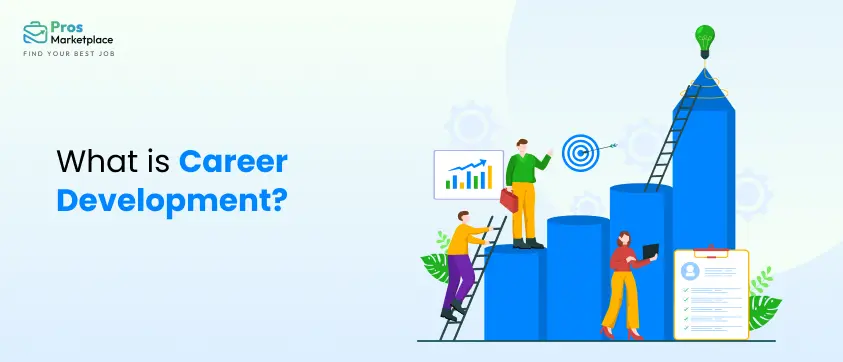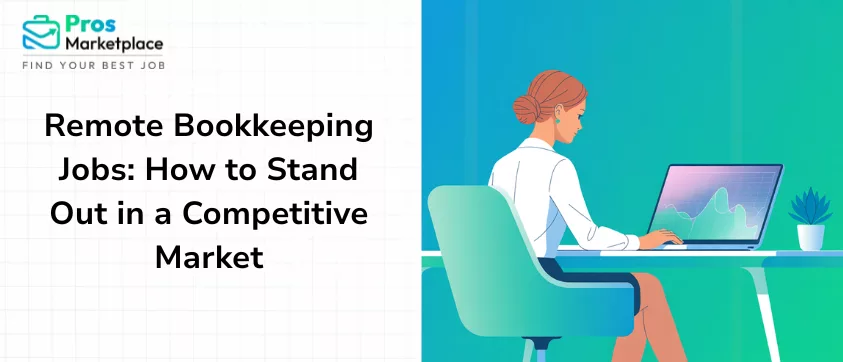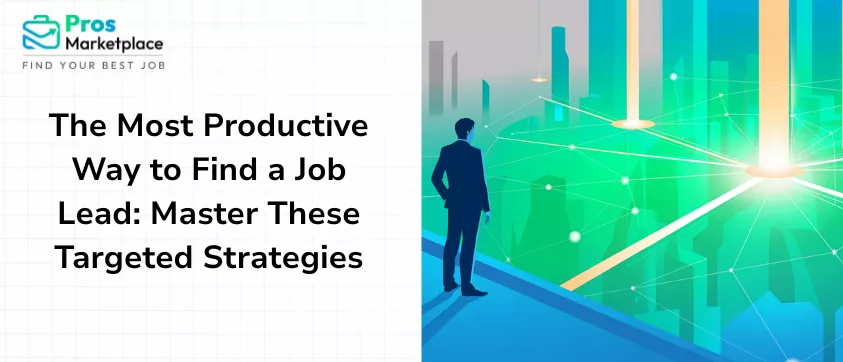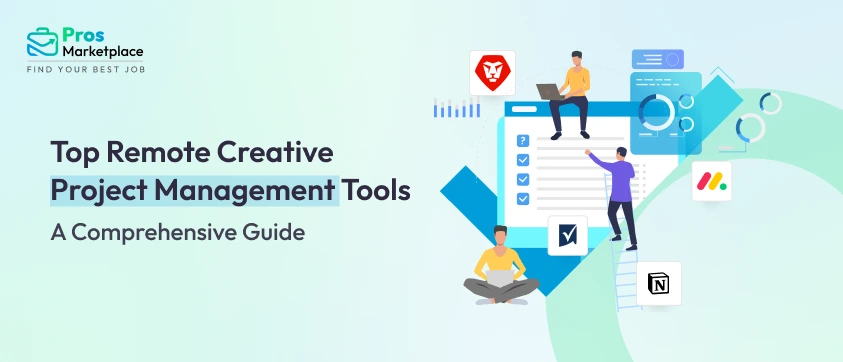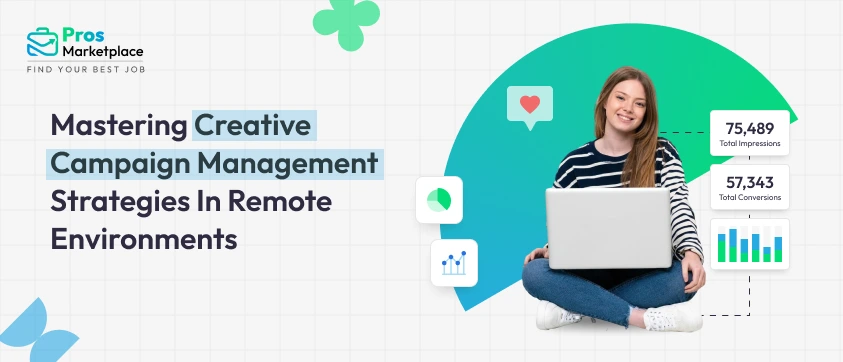Career development is much more than just finding jobs or looking for promotions. It is a journey undertaken by an individual over a lifetime.
It helps you align your personal and professional goals. This involves setting short and long-term goals, the acquisition of new skills, and the development of one’s career path.
For some individuals, career development begins after they graduate from college; but it is just as relevant for those individuals in mid-career who reconsider their professional goals.
So whether one is transitioning into another field, moving into a leadership position, or just improving the current set of skills, this journey never stops. It’s an investment that pays throughout a lifetime, not necessarily in promotions or salary, but through the accomplishment of your goals.
Benefits – Why Career Development Matters?
Focusing on career development is a conscious effort. You have to stay relevant, engaged, and competitive in the workforce, and investing in your career lets you adapt to an ever-changing job market. It enables one to stay resilient during times of uncertainty, and importantly, to find fulfillment in work with:
Personal Growth
Continuous learning makes your professional life exciting and something to look forward to every day. You get an opportunity each day to learn something new: how to use different software, improve in leadership, or even simple ways of communicating effectively with people. So, you prevent stagnation from setting in and keep your career fresh and dynamic.
Job Security
The truth is, that job markets are always susceptible to an unexpected turnaround. Industry shifts, economic recessions, and technologically disruptive changes occurring at breakneck speed all combine to create a potent mix of uncertainty. The safety you create by committing to career development is significant. It will equip you to adapt to such changes and seize any new opportunities that come your way.
Increased Opportunities
This is when one focuses on improving his skills and expanding his knowledge; more opportunities for advancement, career shifts, and even entrepreneurship. Every new skill you develop not only leverages your current role but also prepares you for the future you might not have considered.
Career Development Stages

Career development does not happen in one stroke; rather, it is a comprehensive process, where every new stage brings a person into another different phase of his or her career. Essentially, the knowledge of these stages instills a finer sense of direction and purpose while you go about your career.
1. Exploration
The exploration stage is usually the first step in a career journey. It generally starts during the time of education or early work experiences when you decide which field or role interests you.
During this stage, you may want to try different jobs, internships, or volunteer work just to see what fits you. This is a time for trial and error as you find out more about specific industries and discover what truly sparks your passion.
It’s about learning what kinds of skills are used in different professions. Exploration is significant because it marks the foundation for making decisions in the future regarding your career path from real-life experience.
2. Establishment
Once you find a career, you then enter the establishment phase. You come to have credibility built and increase your expertise in your chosen field. You will start building your reputation, professional network, and all the skills necessary to flourish in that particular area. It’s also a time when growth would most likely be seen in assuming extra responsibility, promotions, and making long-term career goals.
This is a stage where one needs to be patient. It’s the foundation because you prove yourself through hard work and dedication.
3. Mid-Career Growth
As the experience builds up, you attain the mid-career stage where growth and advancement become the catch-all words. You have spent several years in your field; you know better now about your strong points, areas of interest, and the kind of work that makes you happy. At this stage, most working professionals prefer to achieve leadership positions or specialization, or even enter different industries altogether.
Mid-career can really be a contemplative stage in one’s life. You might ask yourself, “Am I still passionate about my work?” If your answer is yes, this period may be about refining your craft and taking your career to new levels of success. If the answer is no, it may perhaps be time to consider a pivot or a new path. The mid-career stage is also an excellent time for mentoring others and sharing your knowledge.
4. Late Career and Mentorship
As one progresses through the career stages, the focus starts shifting from personal growth to helping others. By this stage, you are well experienced, and most of the professionals at this stage venture into offering their experiences through mentorship. It feels highly rewarding to help younger professionals through their careers, and it allows you to leave a mark on your career field.
To some, this is the stage of legacy-building, to contribute meaningfully to the broader goals of your industry or company. Others may start to consider retirement options or the next stage of their life, be that consulting, writing, or personal passions outside of the workplace.
Key Elements of Career Development
A successful career development plan focuses on a few important concepts that are integral in helping you stay focused and achieve your professional aspirations. So, in any career development plan, the following are the important concepts:
1. Setting Clear Goals
Goals are the foundation upon which any career development plan is based. It is easy to get lost in the routine without knowing which direction to head in. So, your goals should be specific, measurable, and above all, relevant to your long-term aspirations. It may be mastering certain specific skills, promotion, or shifting to a new industry-whatever it is, your goals set the roadmap for your career.
Short-term goals: These are those objectives that you would achieve within a somewhat short period, like completing some certification or mastering certain new software. These short-term goals keep your motivations high and offer quick wins.
Long-term goals: These are larger achievements that will take much longer to achieve. It may be the leadership goal or starting up your own company. Long-term goals give you something big to strive for while letting the time pass by, working to achieve them.
2. Skill Development
It goes to say that the wider your skill set, the more value you add. The new developments in technical or soft skills keep you competitive in an evolving job market. Soft skills, like leadership and problem-solving, also are an integral part of being at par with technical knowledge. The learning curve is lifelong; one should attend workshops, pursue certifications, or simply take up challenging projects at work that help one stay ahead.
3. Networking
Professional networking is probably the most valuable aspect of career development. Networking is not just about meeting people; it’s about developing a relationship that could give you advice, or provide opportunities you wouldn’t have.
- Internal Networking: This means using the network within your organization and finding ways to develop your relationships with other colleagues and leadership to find new ways to grow and advance.
- External Networking: Industry events, professional associations, or even platforms like LinkedIn give you a wide circle of networking possibilities to find opportunities either outside your company or for new collaborations.
4. Self-Assessment and Feedback
Regular self-assessment helps you reflect on where you have been and allows you to make necessary adjustments. How do you feel about the current stage of your career? Are there skills that you would like to acquire or refine? Self-assessment also involves gathering feedback from others: mentors, supervisors, and colleagues may have insight into your strengths and some ideas for areas to improve.
Creating Your Career Development Plan
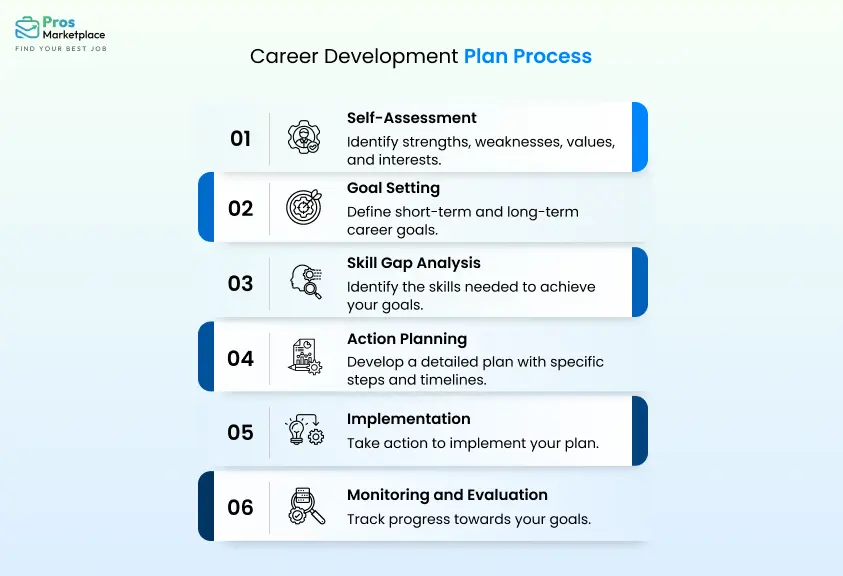
Career development is the foundation of a more successful and sustainable career. Always be proactive, working with yourself to make sure you are at the wheel, drifting through the professional world’s complexities with confidence. Now that we’ve covered the central components of career development, we’ll put your individualized career development plan into action.
1. Identify Your Goals
Next comes the definition of your goals, be they short-term or long-term. Is it a promotion? To get into another industry? Note down what you are hoping to accomplish and make a very clear plan of action. Your goals should be ambitious yet realistic, and they should relate to where you envision yourself.
2. Set a Timeline
Having a timeline is about being able to stay on track. Make sure you break your goal down into tangible concrete actions and, just like that, attach a timeline to each. It helps in accountability while making good progress. For instance, if the goal is a new certification, map out when the coursework will be done and the exams taken.
3. Identify Resources
Decide what resources you will need to reach those goals. That may mean additional training, seeking out a mentor, or even attending industry workshops. The sooner you can identify these needs, the easier it will be to take action and move forward.
4. Review and Adjust Regularly
Your plan should be flexible. Life happens, and often your goals change, too. It is only through regular review of where you are that you will be able to adjust the plan to make certain you’re always headed in the right direction. Whether a milestone is achieved or a roadblock is encountered, go back and revisit your plan and make any changes necessary.
Overcoming Challenges in Career Development
The road to career growth isn’t always even, but once one is determined and keeps the right strategies in mind, there is a way from almost any predicament.
1. Fear of Change
Change can be uncomfortable, yet it’s a part of growth. Most people stay away from career development since doing so means coming out of their comfort zone, which is scary for them. In reality, the actual risk is standing still.
Embracing change, even when it feels scary, Here’s an expanded and refined version of the blog with more content added to each section, following the same human tone and AI-free structure:
2. Insufficient Resources
Not everyone has equal time, equal money, or equal connections. That does not imply, however, that career growth is out of bounds. Fortunately, there are numerous free and low-cost options to reach professional growth.
Resources can range anywhere from online courses to free networking events-you just have to be proactive in searching out these opportunities. Finding a mentor who will be able to guide and support you could be what you need to help you overcome resource limitations.
3. Work-Life Balance
Balancing professional development with personal responsibilities is often an uphill task. You want to dedicate more hours to your career, but family, health, or personal commitments are irking. Under such circumstances, it is about prioritization and time management. The small step that you accomplish today-for instance, one hour per week to learn something-may be colossal in the long run.
Conclusion
Career development is a lifelong process that demands effort, adaptability, and change. Whether one is at the start of his or her career or right in the middle, what he or she does today will significantly influence the course of his or her life. With a clear goal, continuous learning, strong networking, and resilience against obstacles, one can shape a valuable and successful career.
Remember, career development is about personal growth and satisfaction in a path that fits your values and passions. The road may be challenging at times, but it can be overcome by dedication and the right strategy to have a successful career with personal fulfillment.
